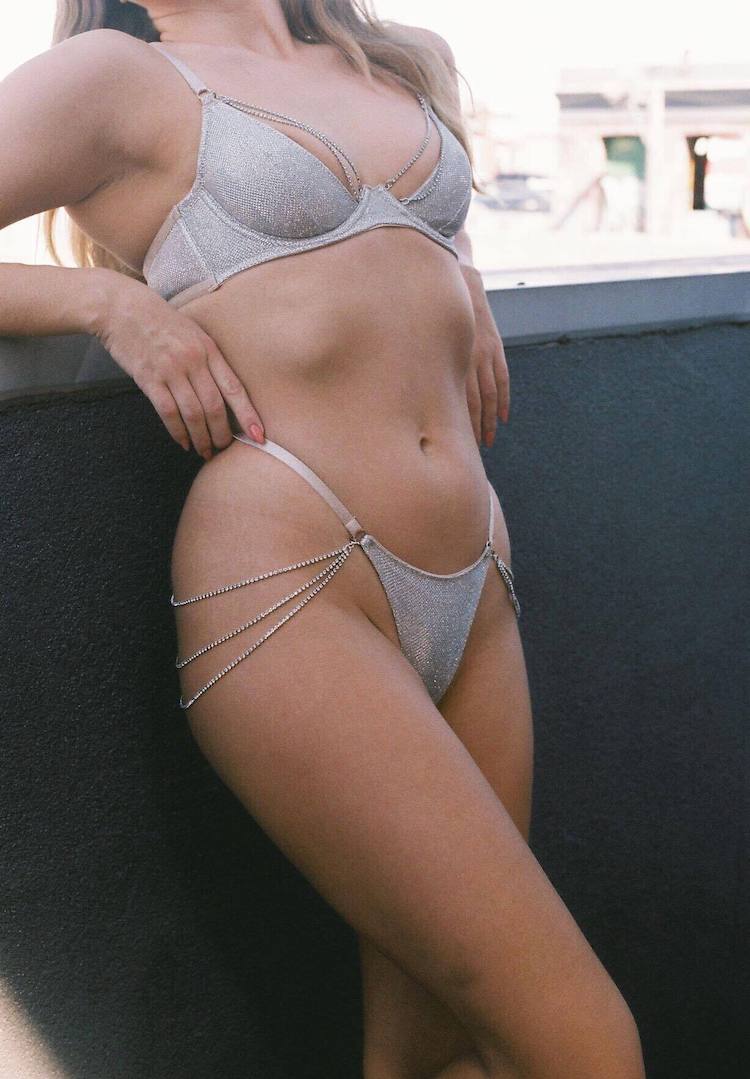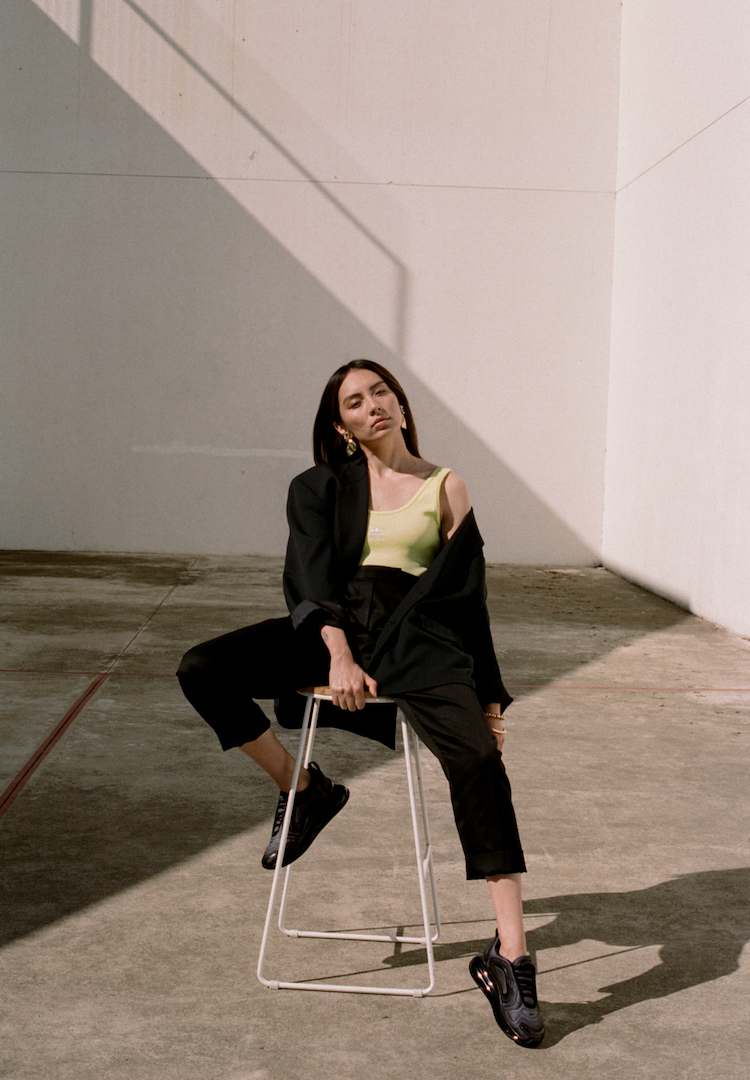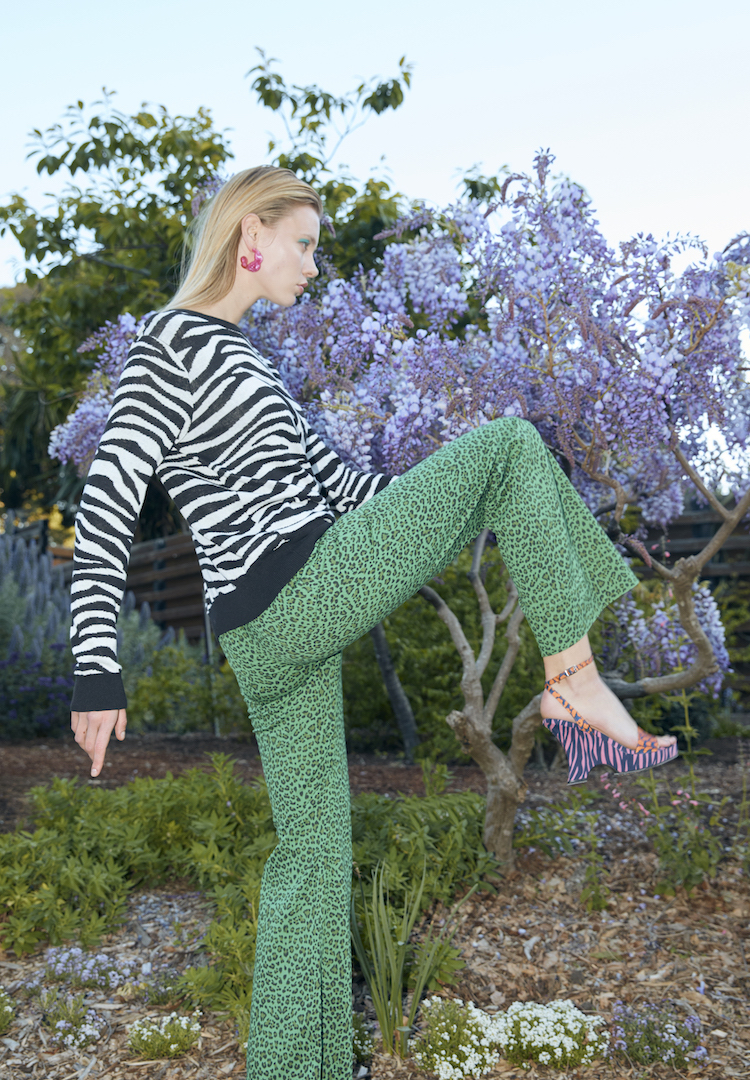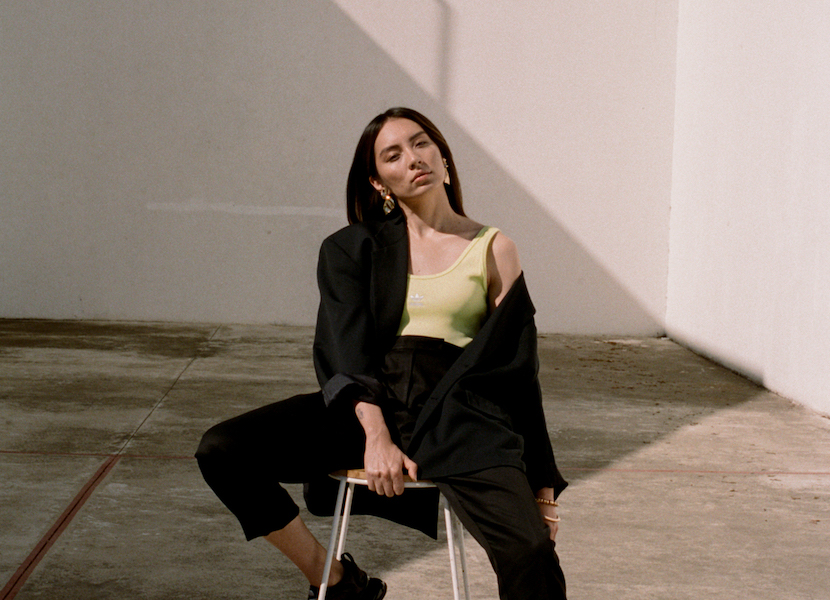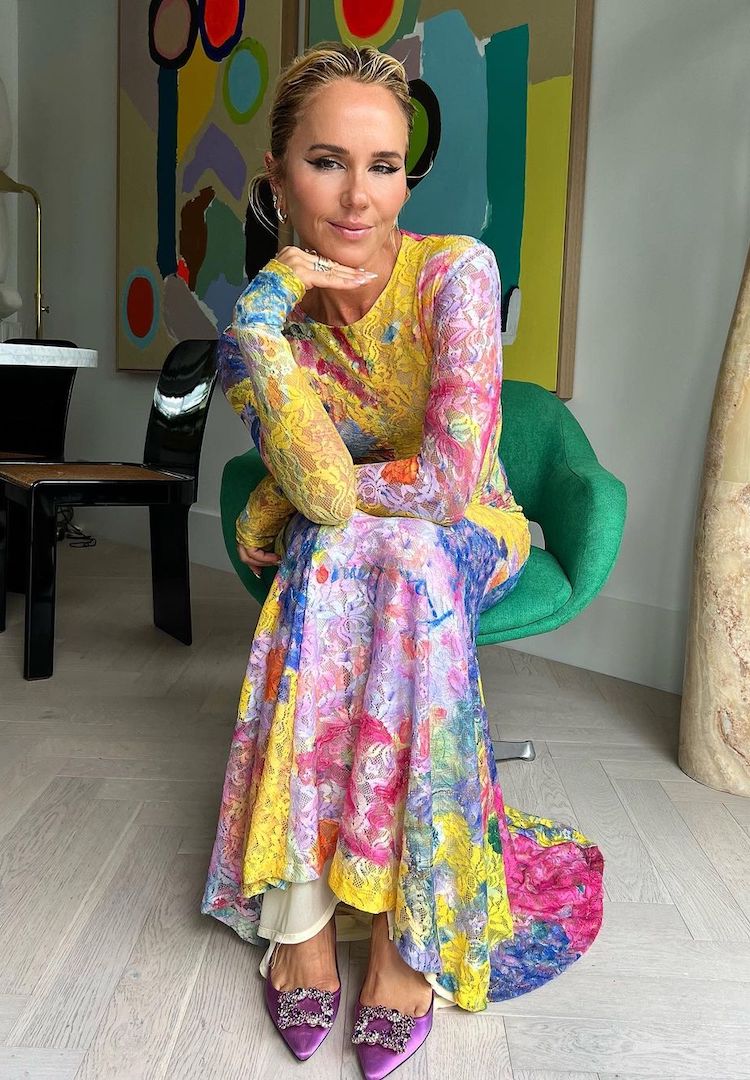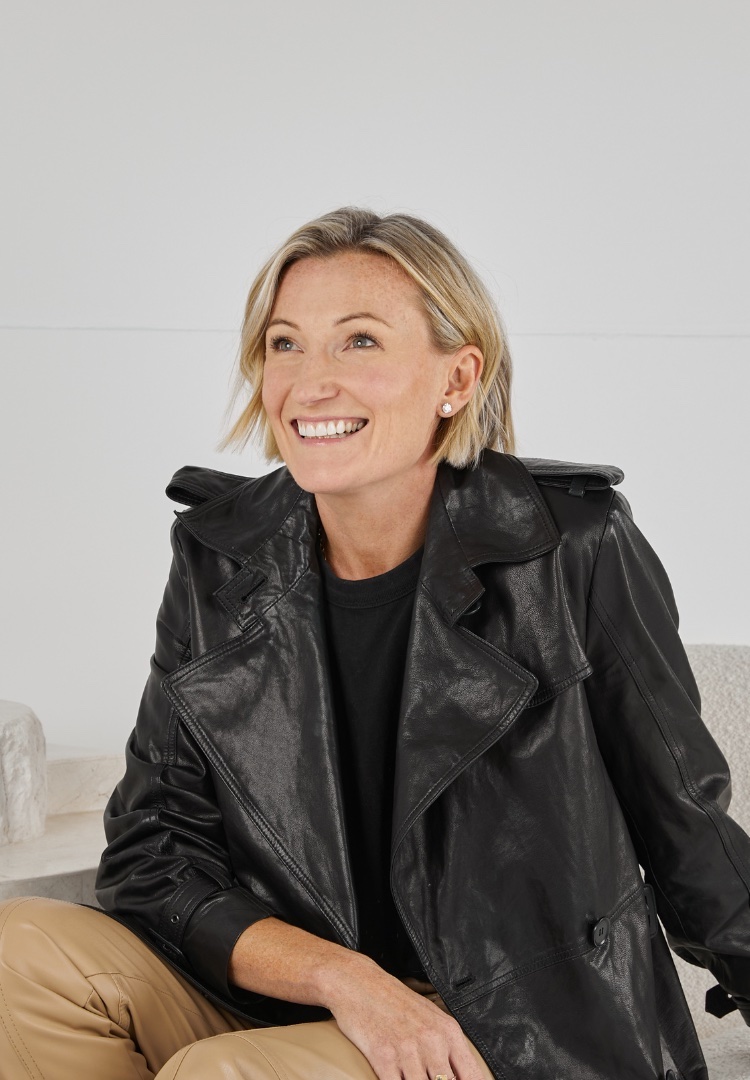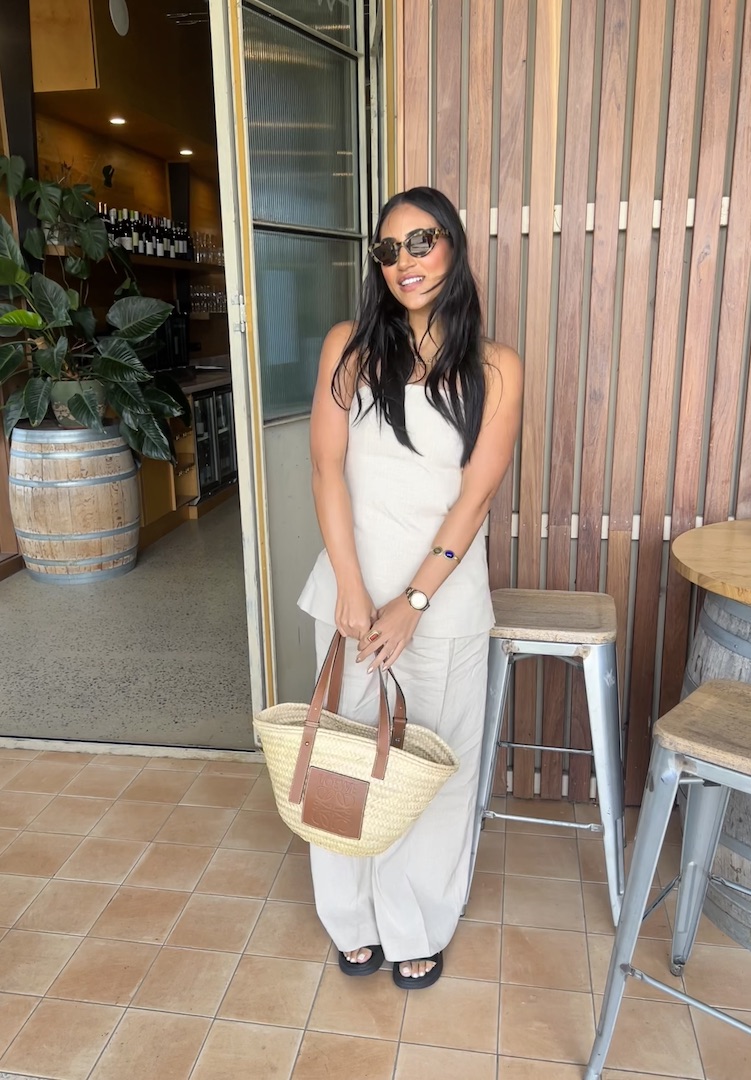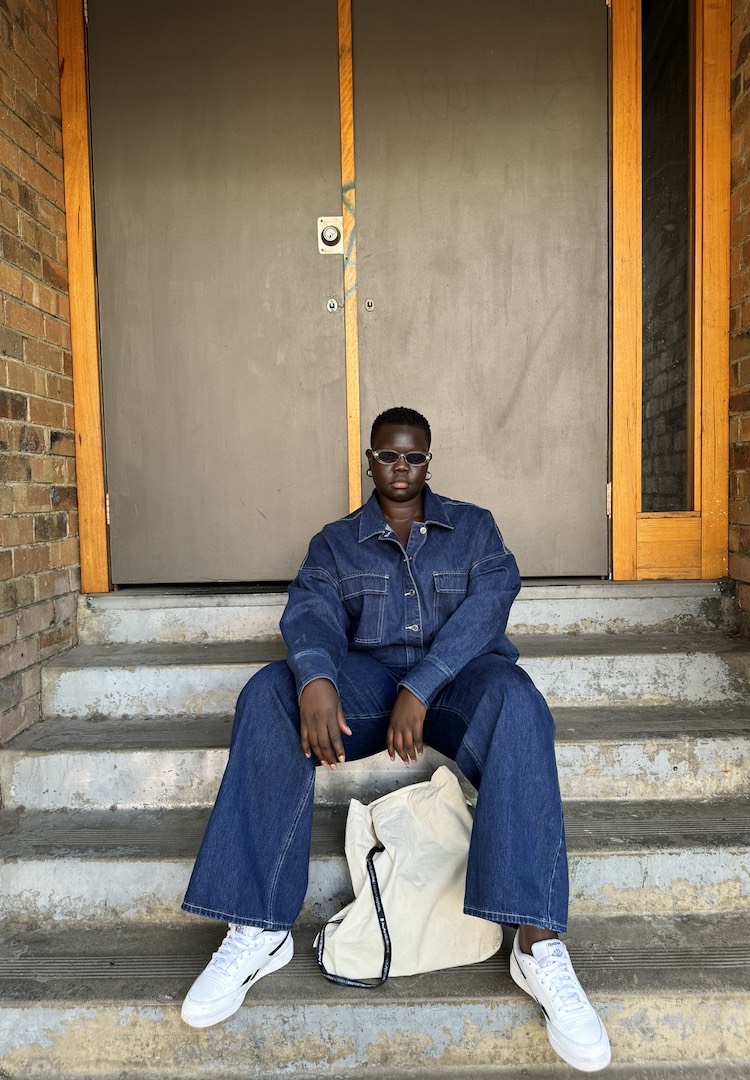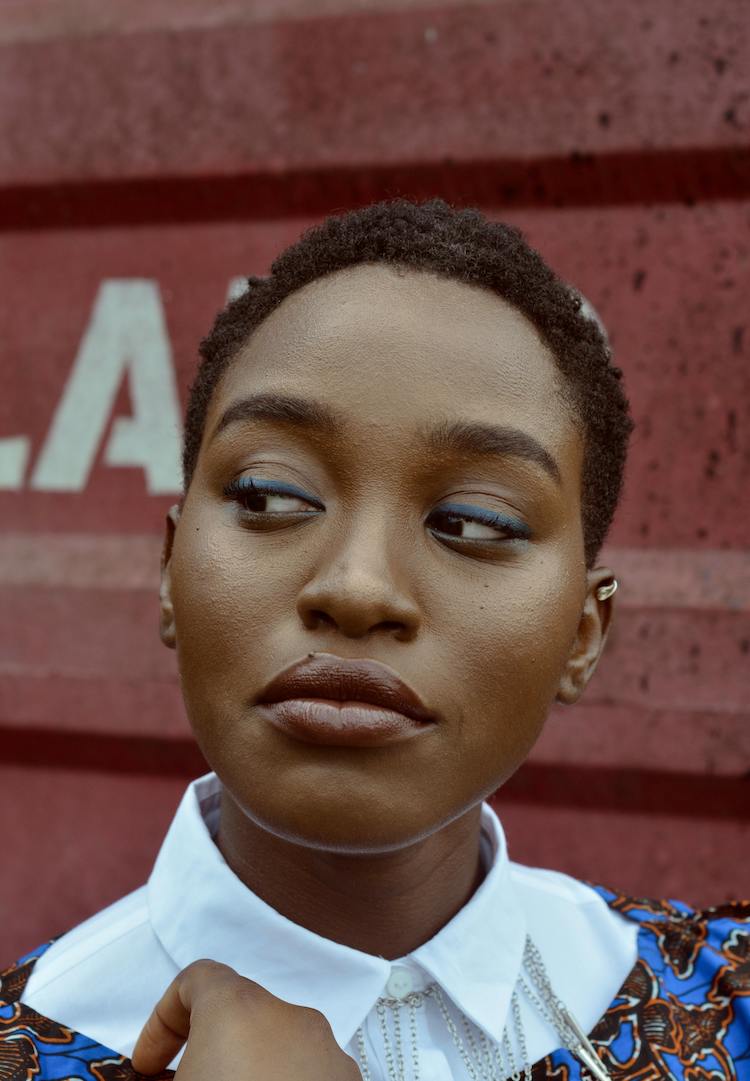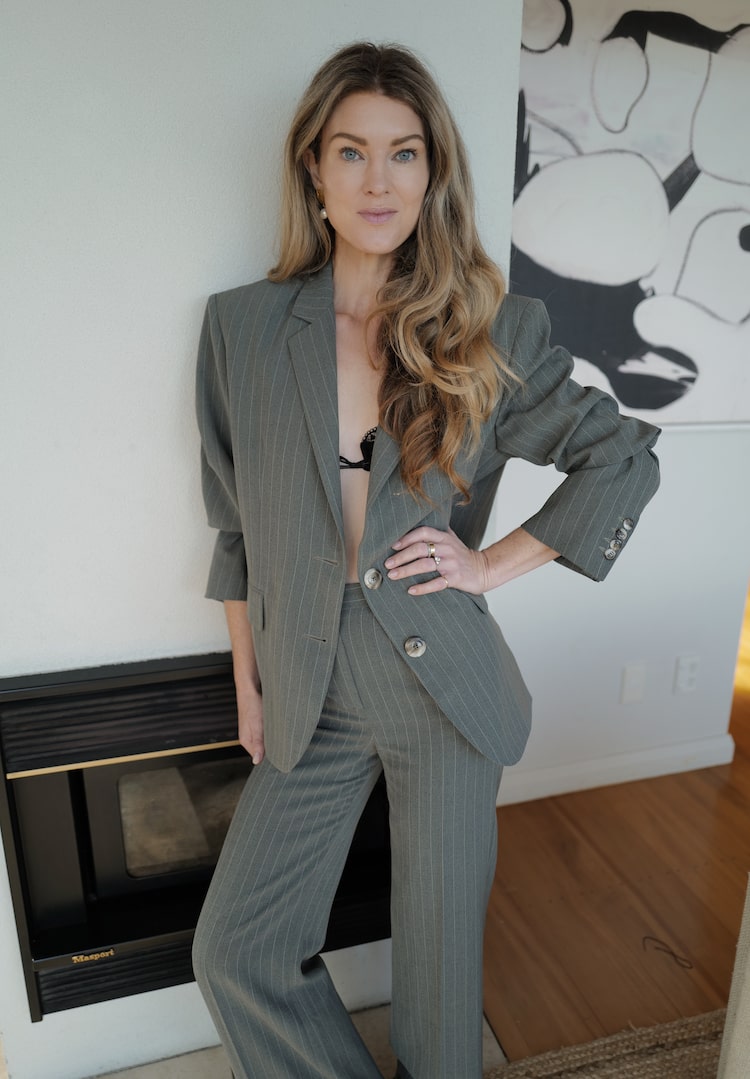I asked four successful Australian creatives for their biggest career setbacks
IMAGE BY KAITLYN BOSNJAK
WORDS BY ROSANNA WATTS
Because the journey is not always smooth.
Is it just me, or is career-fear more real than ever right now? I mean, the recession is quickly drying up the job pool. Many Aussie magazines have turned their final pages, taking my Devil Wears Prada dreams with them.
And, all the while, the government is hellbent on carrot-and-sticking us into studies that will (hopefully) lead to future employment. My condolences to any of my arts degree successors, who thought being the butt of every business students’ jokes would be the worst price they’d ever have to pay.
It truly is a crazy time. But it’s not like you need me to tell you that. Lately, we’ve seen many studies and articles being published, detailing the justified career-anxiety that grips our workforce. That is a fear surrounding the uncertainty of our future career path and direction.
Personally, this career or employability anxiety had me considering a third uni degree, just for some extra future-proofing. But, some LinkedIn stalking and HECS-debt number-crunching later, I decided against it.
Instead, I thought it better (and notably more affordable) to gather some first-hand advice from those already killing it in their respective pursuits, which is why I asked four admirably-successful people to open up about the setbacks they’ve faced and the lessons they’ve learned. Take notes.
Marlee Silva
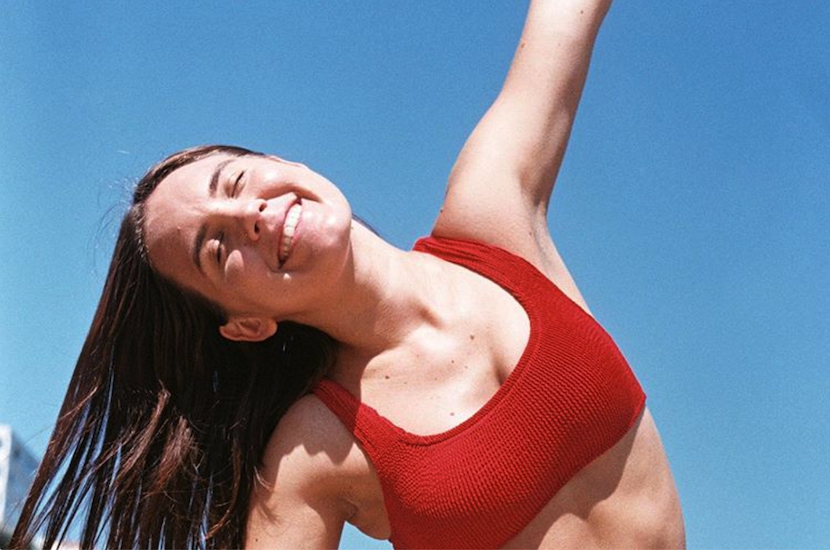
Image by Ebony Talijancich
Marlee is a proud Gamilaroi/Dunghutti writer and podcast host. She co-founded Tiddas 4 Tiddas – a social media-based movement that’s elevating stories of First Nation women and girls from across Australia. Marlee now hosts the podcast Always Was, Always Will Be Our Stories and her debut novel, My Tidda, My Sister, will be out in September this year.
“At 21, I had my first full-time job for a year. It was an intense position. And during that time, I also experienced workplace bullying. Facing all that pressure at such a young age meant I was completely burned out by the end of it. I was so beaten, I actually had to go back to working hospitality for a while. Back then I would never have thought I’d pursue any project on my own, like I did with the Tiddas 4 Tiddas podcast.
“That situation taught me that even if your work is your greatest passion, you still need to keep it at an arm’s length. And that you’re allowed to have a work-life balance and to say no to things. I think this is especially hard for women of colour. When you’re given an opportunity you feel you have to say yes, because you feel like it’s not going to come around again. But it’s important you don’t throw yourself 200 per cent into something and then burn out as a result.
“Don’t rush. Don’t feel like there’s a time limit. When professionals are celebrated, particularly in the creative industries, there’s usually a focus on how young they are and what they’ve achieved at such a young age. But there’s absolutely no rush and there’s no time limit to when you can do things.”
Jaguar Jonze/Deena Lynch
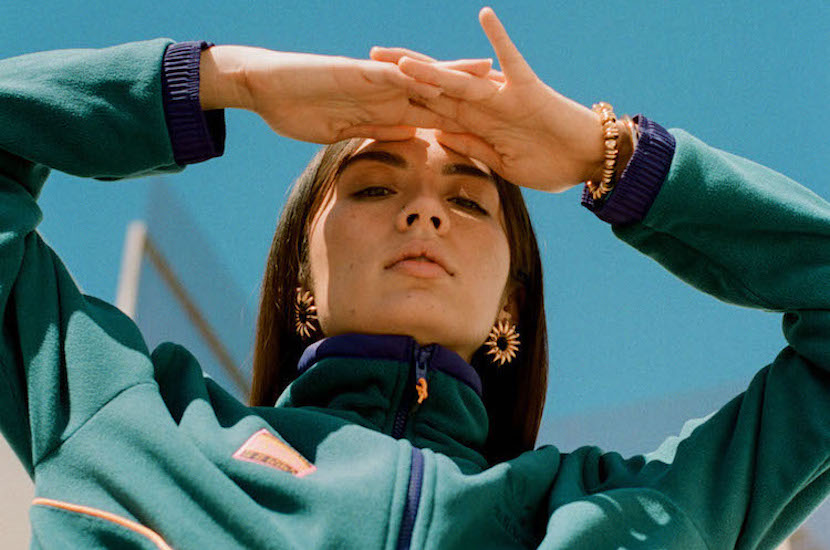
Brisbane musician Jaguar Jonze originally studied engineering and worked in business. But the death of a close friend nine years ago saw her turn to songwriting to deal with her grief. Ever since, she’s been crafting her eclectic sound and powerful songs. Her latest track, a cover of Britney Spears’ iconic ‘Toxic’, is set to drop August 14.
“I worked so hard to obtain the opportunities I had lined up for this year in the US. But, [because of COVID-19] we were only able to play three shows, which were all really bogged down by lockdown restrictions. From there, it just crumbled, not by the day but by the hour. And then, all of a sudden, all our plans were just gone. On top of that, I was sick with the virus for two months and it’s taken me another few months to get over the after-effects.
“This year, I’ve really learned that life always changes. And so, the more flexible and the more malleable you are, then the more resilient you can be. And the more you take the opportunity to display fortitude in your everyday actions and decisions, the more you’ll be able to adapt to changing situations and make the most out of what’s happening in front of you. I think you can take on bad situations in two ways: you either let it bring you down or you bring it into your stride and use it in your power.
“Remember, there’s always time to take a different direction if it doesn’t work out, so just go for it. It’s quite cliche, but I didn’t want to have regrets, so I just kept on charging. You never want to sit and wonder, so just stand up and know.”
Holly Ryan
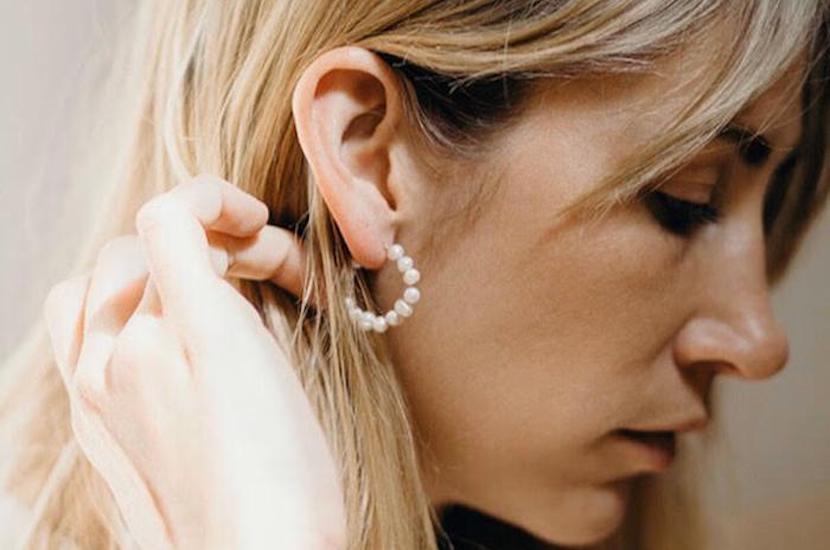
Holly Ryan is a goldsmith and sculpture artist creating responsibly in Sydney. This year marks a decade since she founded her eponymous jewellery label. Holly says she fell into jewellery making and sculpture quite organically, as both her parents are silversmiths.
“This year has been a time of growth for myself and for the business. Early on in the year, my old studio space flooded and, not long afterwards, we had the onset of COVID-19. But what this time has taught me is to take a step back and reassess when things feel out of control.
“Trust your gut and follow whichever path feels intuitively right for you. Don’t be afraid to experiment and fail at any particular career, because that is ultimately how you will learn and get closer to the role that is right for you.”
Erika Geraerts
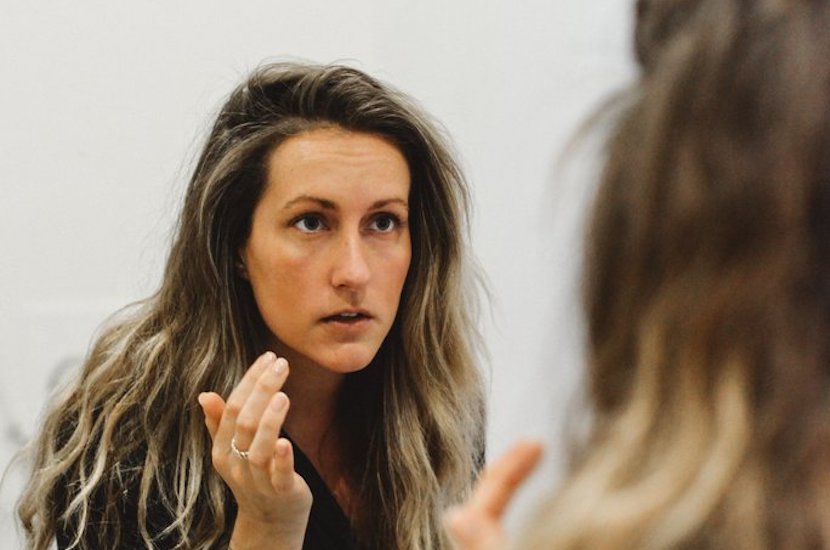
Image by Bobby Clark for Little Company
Erika is the founder and head of Fluff – a sustainable cosmetics company that’s telling the world that beauty is more than makeup. She started her career in writing, which led to her working with beauty brands and then co-founding skincare brand Frank Body. Her most recent passion is in product development, something she says she never imagined she’d get into.
“One of my biggest setbacks was perhaps feeling like I’d taken 10 steps backwards after leaving Frank Body, and starting from scratch. I now realise that those backwards steps are often crucial to the forward-steps you’ll take later on. As I grow as an individual, I grow as a business person. And figuring out my values along the way has been an enjoyable, albeit incredibly challenging, experience.
“Doubt is great because it makes us question our actions. However, worrying gets us nowhere, it’s like sitting in a rocking chair. Your career will likely change over many years. So, focus your energy on what you care about and on creating a legacy that matters; that’s worth remembering. What you do is who you are. Read that book.”
Ziggy Ramo

Image by Emma Pegrum
Hip-hop artist Ziggy Ramo is a proud Wik man based in Gadigal Country (Sydney). He uses his music to offer insights on pressing social issues, not least of all the injustices facing First Nation peoples. Just last month Ziggy released his first full album ‘Black Thoughts’, which he performed in a digital concert that you can catch here, till August 13.
When I talk about my setbacks it’s through a systemic lens. So, it’s not about my specific industry but the fabric of our entire nation. For me, my setbacks started 200,000 years ago when Indigenous people weren’t viewed as people.
It’s not as simple as just being driven. There’s so much systemic oppression, due to gender, race, sexuality, class and so on, that determines how someone can be ‘successful’ in a Western sense. So, it’s not as simple as saying to someone you just have to work hard to get to where I am.
Also, success and setbacks are so much bigger than your individual career. I’m really concerned with being a successful person, who plays a part in society. The reason I feel successful in my career now is because of what it’s allowing me to do. The album I’ve put out and the voice it’s given me allow me to talk about the issues that are important.
Systemic and deeply rooted structures that do oppress people based on gender, race, class and sexuality have a mental toll on us. I think if you want to be successful within your career, the biggest setback you have to overcome is being right and content within yourself. Otherwise, you’ll likely be fuelled by something that will burn you out. So, find that fuel that will burn for your entire life.
That way, no matter what journey you’re on, you’ll be successful, because you’re being fueled by love and compassion and you’re extending that to all humanity. And that’s what will make us successful as a whole. We’re a collective, so although we’re individuals and we’re unique, we need each other.

